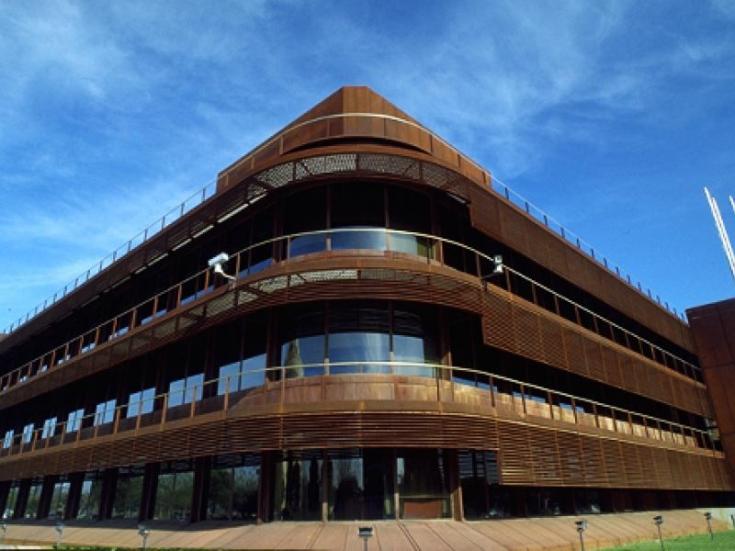JRC workshop explores synergies between innovation and digital transformation
On 6 March 2024, the European Commission Joint Research Centre (JRC) hosted a workshop in Sevilla, Spain. The exploratory workshop aimed at discussing synergies of territorial innovation and digital transformation, with the goal of identifying and shaping JRS research questions around the interplay between place-based innovation and digital technologies. This event brought together experts in digital technology, governance, and regional innovation to foster collaboration and shape future initiatives for the JRC’s Digital Economy and Innovation Policies and Economic Impact units.
Laura Varisco, Thematic Expert for a Smarter Europe at Interreg Europe Policy Learning Platform, was among the notable speakers. She emphasised the significance of services like peer reviews in enhancing interregional cooperation on digitalisation and Smart Specialisation Strategies.
The workshop revolved around the role of digital technologies in driving innovation and the connection between digital transition and place-based innovations. Participants engaged in discussions about service design, co-creation, policy coherence, and the Internet of Things (IoT), emphasizing the importance of digital awareness and transformation. They also explored the potential of GovTech, CivicTech, and community-led initiatives, alongside governance focused on value creation versus profit.
A significant portion of the workshop addressed the engagement of citizens in digital governance. Topics covered included the role of science in society and policy-making, with a particular focus on citizen science and crowdsourcing. The discussions highlighted the need for legitimate citizen contributions to data, addressing inclusion biases, and fostering engagement through experimentation.
The workshop also identified challenges such as pinpointing citizens' problems, addressing capacity gaps in public administrations, and determining necessary partnerships. Concepts like horizontal subsidiarity and distributed governance were examined, along with the creation of trustworthy solutions and balancing responsibilities between citizens and legislators. Public skepticism towards science and the media's role in shaping perceptions were also critical points of discussion.
Several key considerations for digital transformation emerged from the workshop. These included balancing acceptability and desirability, ensuring citizens' rights during digital transitions, and the importance of design versus delivery in digital projects. Participants also stressed the need for a multi-channel approach to ensure broader reach and impact.
The insights and discussions from this workshop will feed the JRC's future work, integrating diverse initiatives and fostering a collaborative approach to innovation and digital transformation across Europe. A first report following the workshop is accessible below.
